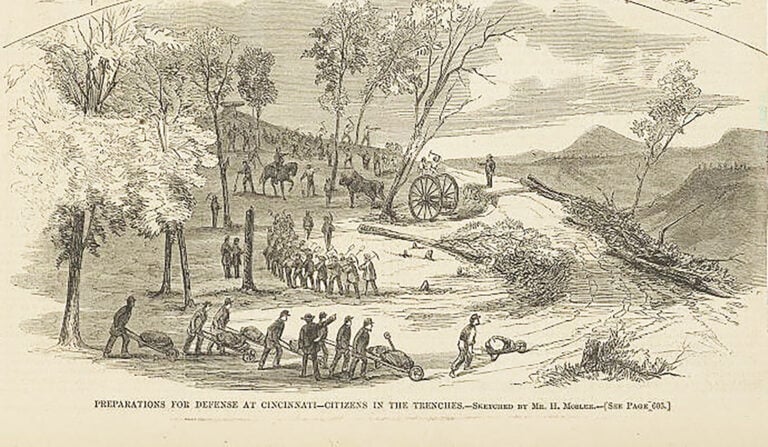By Dr. Kyle Keeney
Special to NKyTribune
Advances in medicine have made the world a much healthier place. From diagnostic technologies to innovative antibiotics, caregivers today are able to prevent, diagnose, treat and cure a greater number of health conditions more effectively than ever. People are living longer as a result.
Immunizations in particular have played a critical role in improving health outcomes and extending our lifespans. Diseases that were once thought to be untreatable can now be prevented with a single injection.
While significant progress has been made in recent years, pharmaceutical companies across the United States continue to invest resources in researching and developing new vaccines that will guard against even more serious health problems in the future.
Health policies throughout the Commonwealth must be updated accordingly to reflect the value of these immunizations as they become available. When policy fails to keep up with medical innovation, Kentuckians are the ones who suffer.
Even in an age when immunizations are widely encouraged and accessible, we still hear reports of people coming down with diseases that can easily be prevented with vaccinations. Northern Kentucky has been experiencing record levels of whooping cough. The University of Kentucky reported a case of bacterial meningitis and multiple cases of the mumps earlier this year.
Fortunately for the university, there was no widespread outbreak of either the mumps or meningitis. But this certainly could have been a possibility if the affected individuals had not been diagnosed and treated immediately. Even so, meningitis remains a concern for all Kentucky college students.
Meningitis results in inflammation of the brain and spinal cord membranes. Possible side effects include permanent brain damage, chronic fatigue, vision loss and, in some cases, death if the individual isn’t treated right away. The disease can spread quickly among people living in close quarters, such as college dormitories.
Preventable diseases
Today, there are immunizations available to protect against the most common strands of meningitis in the U.S. As recently as 2014 and 2015, two new vaccines were approved by the Food and Drug Administration to prevent Serogroup B meningitis—the strand reported at the University of Kentucky earlier this year.
It was only a couple years ago that no such vaccine existed. Now, thanks to medical research and innovation, we have two.
The University of Kentucky does require all incoming freshmen who will be living on-campus to receive the meningococcal conjugate vaccine, which protects against strands C and Y at a minimum.
The University of Kentucky is doing a terrific job of ensuring student safety, but as a state, we can do better. UK is one of only three colleges statewide to require certain vaccinations for incoming freshmen, along with the University of Louisville and Kentucky State University.
This raises an important question: Why doesn’t every college or university in Kentucky have such a requirement?
Western Kentucky University students have been pushing their administration to implement immunization requirements for future incoming freshmen. Sadly, university leadership has rejected their efforts, citing cost concerns for students. It is understandable for universities to be wary of imposing any additional costs on their students. But as the Affordable Care Act now requires all CDC recommended vaccines to be covered at no cost, this concern is no longer relevant.
This is great news for university executives, students, parents and medical professionals who all want to guard against potentially life-threatening outbreaks on campuses across Kentucky.
Immunizations rank among the most valuable outcomes of medical research and development, and new vaccines are still being discovered today. Universities should embrace immunizations in their health policies as a valuable tool for managing and protecting the health of their student populations.
Innovation in health care has provided us with the tools we need to lead long, healthy lives. But we must do our part to make sure that Kentuckians are using them.
Dr. Kyle Keeney is the president and CEO of the Kentucky Life Sciences Council.


















